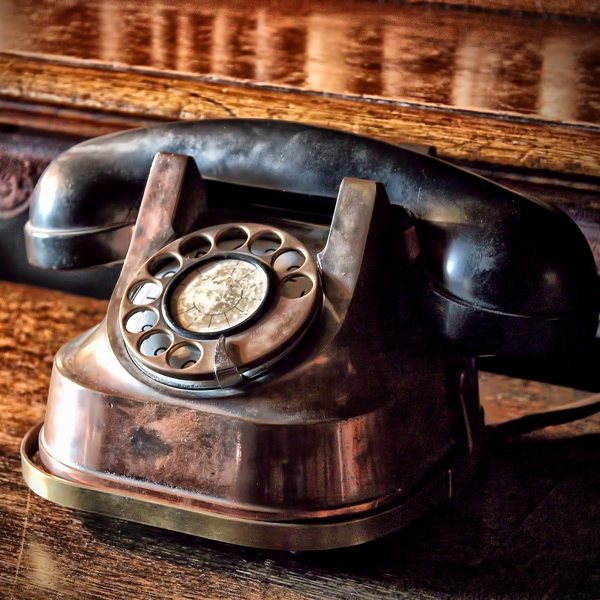 It came as somewhat of an unpleasant surprise recently to realise that I had formed a rather unhealthy relationship with my mobile phone. I had noticed that I was reaching for, and checking, my phone far more frequently than I care to admit.
It came as somewhat of an unpleasant surprise recently to realise that I had formed a rather unhealthy relationship with my mobile phone. I had noticed that I was reaching for, and checking, my phone far more frequently than I care to admit.
What bothered me most was that I was spending around 15-20 minutes checking emails, social media and various other Apps in bed each night before going to sleep. There’s nothing I love more than reading (books) in bed, however, by the time I’d finished with my phone, usually dissatisfied and annoyed with myself, I was often too tired to read. In the mornings when the alarm went off I found myself checking my phone before I even got out of bed. Not to mention the fact that during the day I was reaching for my phone almost every spare moment I had.
I’m not really sure what was so alluring or what it was I was hoping to find. For the most part I wasn’t particularly engaged by what I was looking at. I had developed a mindless habit; the complete antithesis of how I want to live. So, I decided recently to make a few changes to see if I could reduce my mobile phone use and become more mindful when I was using my phone. I now turn my phone to airplane mode at least one hour before going to sleep; and keep it in airplane mode for at least one hour after waking up. Now, when I reach for my phone during the day, I try to remember to pause and ask myself if am doing so merely out of habit.
I am pleased, and relieved, to report that by making these changes I am starting to break the back of this pernicious habit. I have noticed that, by limiting the use of my phone at either end of the day and checking in with myself when I do reach for my phone, I have gained more control over my mobile phone use and I have reclaimed my precious reading time.
As tends to happen when you focus on something it pops up everywhere. While writing this post I came across a BBC article that suggests that evening exposure to the shortwave blue light that is emitted from mobile phones, tablets and computer screens disrupts our body clocks by postponing the release of melatonin (a hormone which promotes sleep). Not surprisingly, this affects the quality of sleep making it harder to wake up in the morning. I haven’t noticed a difference in this regard just yet but I hope to be bouncing out of bed any day now!
Having spoken to friends it seems I’m not alone. Smart phones and all that they entail can be highly addictive. It can be a struggle to control the amount of time we spend on them, taking us away from the people and activities that are most important to us. If you can relate to any of this I recommend creating, and experimenting with, some measures that you could introduce to gain more control over your mobile phone use. Chances are you’ll be happier for it.
As amazing as mobile phone technology is, and it’s impossible to imagine living without it these days, perhaps there is something to be said for simpler times when a telephone was just that; a telephone.

